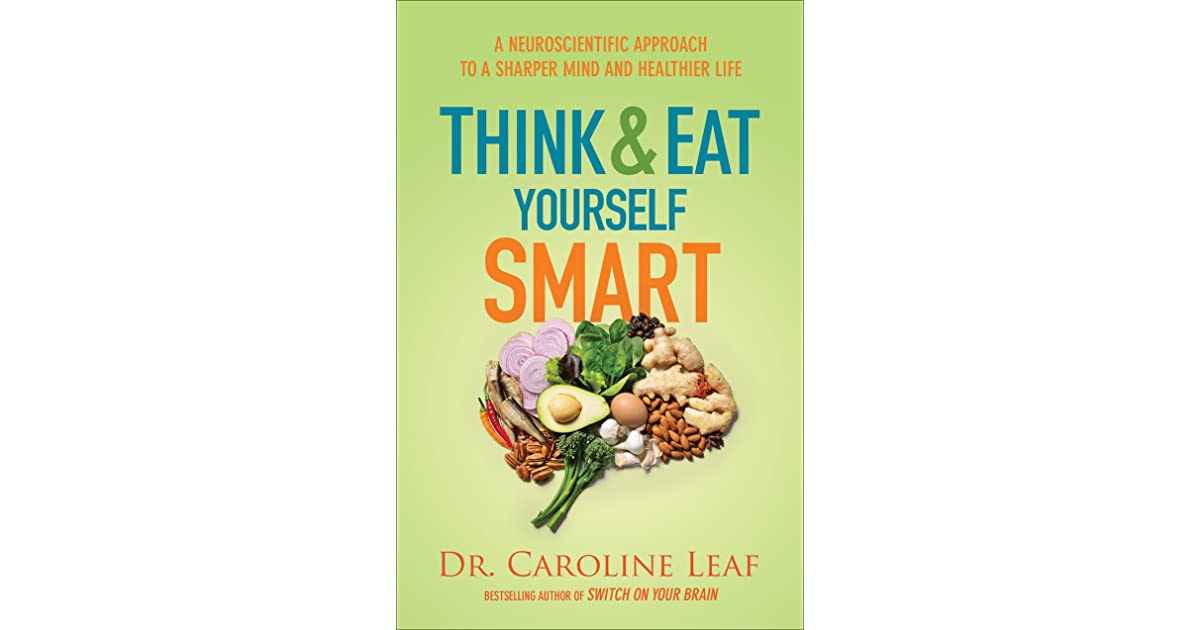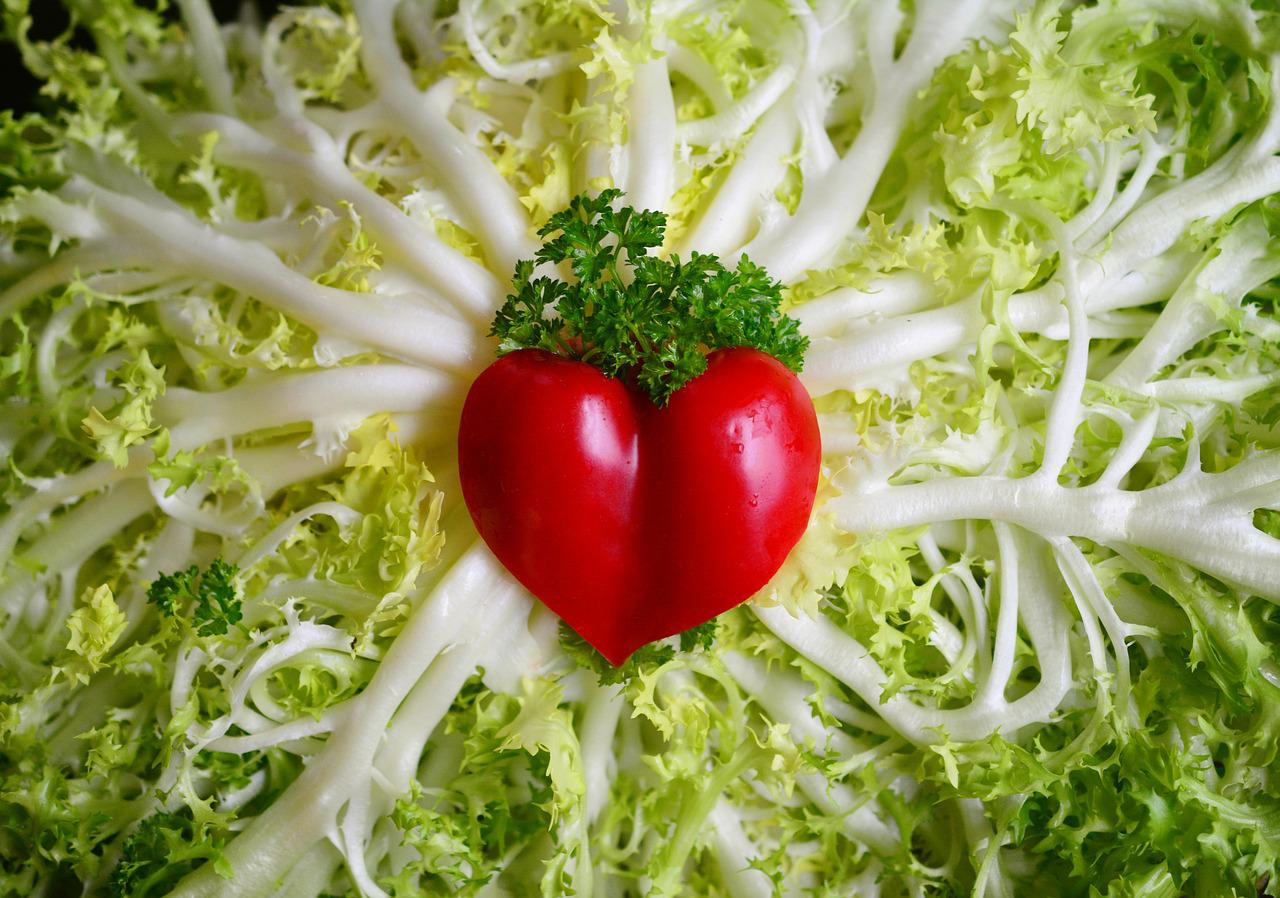
Your doctor may have specific recommendations for foods you should avoid. There are still things you can do in order to keep high blood pressure at bay. First, avoid fatty foods and processed foods. It is a good idea to keep a list with all of your medications. You'll be more likely to remember to take your medication. You should always have a list with all of your medicines on hand so you are able to quickly refer to it.
Dr. Desai recommends getting as much exercise for those with high bloodpressure. Walking, running and swimming are all great options. One of the worst enemies of high blood pressure is salt. Salt is a major cause of high blood pressure. It increases the volume and pressure of the blood vessels. Avoid salty foods.

Secondly, you should eat a healthy diet. A good diet is full of fruits and vegetables, which are low in saturated fat and high in fiber. You can take vitamins, minerals, or whey to lower your blood sugar. Finally, try to cut down on your intake of sugary beverages as well as alcohol. This will help lower your high blood pressure risk.
Third, you should cut down on the amount of salt and saturated fat you eat. You should limit the amount of salt and sugar in processed foods. You should eat more fruits and vegetables. This will help lower your blood pressure. You can also limit how much alcohol you drink. High blood pressure is a reason to not drink alcohol. This is especially true if your age is over 60 or if you have been drinking heavily in the past.
Follow the tips and you will have a healthy heart. These tips will hopefully help you to maintain healthy blood pressure and feel more confident. These tips will be very helpful to you as well as your doctor. You'll soon be able to live a healthier life by learning how to manage your blood pressure. Once you find the right balance, it's possible to live life fully and enjoy every moment.

You must also limit your alcohol consumption. Drinking moderate amounts of alcohol is important to lower your risk of high bloodpressure. A standard beverage has 14 grams of alcohol. Salty foods with high amounts of sodium should be avoided. A low-sodium diet can help maintain normal blood pressure. Salt should be reduced in your daily food intake.
FAQ
How fast can my body be transformed?
The first step is to change your mind. It is important to first make the decision to change.
Once you've decided to make a change, you must commit to working on your fitness for at least three months.
Then you need to find a program that fits into your lifestyle.
Realistic expectations are also important. Don't spend your hard earned money on a gym membership if you don't have the motivation to work hard.
Instead, spend your free time exercising outdoors.
If you spend an hour a day walking around the block, you'll burn enough calories to lose 1 lb per week.
Now that you know what you're going to do start planning how you will organize your life to fit this new plan.
This includes scheduling a time to exercise each morning before you leave for work and taking breaks throughout the day so that you can move.
You should also reward yourself for reaching milestones. This could be buying accessories or clothing that reflect your success.
What is the best way to lose weight?
It can be difficult to lose weight. Many people give up because they don’t know what else to do.
However, there are some simple steps that you can take to shed those extra pounds.
First, you must ensure you eat fewer calories than you burn. You will gain weight if you eat more calories than you burn.
To burn all those calories, you should also start exercising. You can choose from a variety of exercises such as walking, biking or dancing.
Third, stop smoking and drinking alcohol. These habits can cause you to consume more calories that you would otherwise.
Fourth, it is important to reduce the consumption of junk food and fatty foods. These can be replaced with healthier options like fruits, vegetables and whole grains.
Fifth, you need to change your lifestyle and adopt new habits. You may have to get up before the rest of the world to exercise.
Sixth, you must be disciplined and follow your diet plan.
You can also burn excess calories by joining a gym, or taking an aerobics course.
You'll quickly start to notice results if you follow these simple tips.
How many calories should I eat daily?
This will vary from person-to-person. The average is 2000 - 2500 calories per day. You need to determine how many calories you need based on age, gender, height, weight, activity level, and lifestyle.
How To Lose Belly Fat Fast
There are several methods to rapidly reduce belly fat. One method is to eat less and drink lots of water.
Running and swimming are two other ways to boost your metabolism.
Sitting down too long is not a good idea if you want your belly to shrink quickly. Instead, get up and move around throughout the day. This will help to burn more calories.
There is an alternative option if you've tried all of these options and still have trouble losing belly fat.
This involves using a device called a belt. It tightens around the waist when you sit.
As a result, you will feel uncomfortable and move around. This encourages you to burn calories and decrease your belly fat.
Cardio Exercise: Good or Bad for Your Health?
Cardiovascular exercise can have many benefits. It increases blood circulation, strengthens the heart muscle, boosts stamina, aids in weight loss, and gives you more energy.
Cardiovascular exercise includes running, biking, hiking, swimming, tennis, basketball, soccer, volleyball, football, etc.
It is important that cardio exercises are not performed at high intensities. This could cause injury.
You should only perform the cardiovascular exercise if you are feeling well.
Do not push yourself to the limit. This could lead to injury.
Begin by warming up before engaging in cardio exercise. Gradually increase the intensity.
You must always listen to what your body is telling you. If you feel pain, stop doing cardio exercise immediately.
After a cardiovascular training session, it is recommended that you take some time to relax. This will give your muscles time for recovery.
To lose weight, you should include cardiovascular exercise in your daily routine.
This is the best way to lose weight and belly fat.
Statistics
- According to the American Heart Association, blood pressure should be checked at least once every two years, beginning at age 20. (my.clevelandclinic.org)
- Get free shipping and 25% off today. (healthline.com)
- According to the American Academy of Dermatology (AAD), men over 50 are at a heightened risk of developing it. (healthline.com)
- 10 pounds in a month is likely during a lean bulking phase, especially for beginners. (muscleandstrength.com)
- An estimated calorie range for moderately active adult males falls between 2,200 to 2,800 calories per day, depending on age. (eatright.org)
External Links
How To
What nutrients does a man require daily?
Men need healthy growth and development. The body requires vitamins and minerals, protein, carbohydrates, fats (fats), water, fiber, as well other essential elements.
Specific nutrients are also required by the male body at different times during the day. When you're sleeping, your body uses energy from food for hormones, proteins, and enzymes. Protein is needed to build muscles and repair tissue damaged when you wake up.
Your body burns fat at night and stores it as energy as glycogen. Your body still requires sufficient nutrients and calories even though it needs less calories. You can have a snack at night if you feel hungry.
When you work out, you need adequate levels of carbs and protein to fuel your muscles. You may feel sore muscles if you exercise hard.
To prevent this, you should eat carbs as well as protein within the first two hours after training. To provide energy, your body will begin to break down stored glycogen.
In addition, you must consume protein immediately after completing your workouts. This prevents the breakdown of muscle tissue that occurs while you sleep.
Lactic acid is produced by the body during periods of intense exercise. It is a form of lactic acid that builds up in the bloodstream. This causes fatigue. To avoid this, you should eat foods rich in carbohydrates, such as fruits and vegetables.
Carbohydrates provide energy for your body to recover after strenuous exercise.
Additionally, lean meats, fish and eggs, dairy products, yogurt, cream, cheese, yogurt and beans can be added to your diet.
All of these foods contain high-quality protein. Protein is important for muscle growth and repair. Protein also supplies the amino acids your body requires to make sex hormones, such as testosterone.
A healthy skin, nails and joints requires sufficient dietary fats. Healthy men need to consume between 20%-35% of their total calories from fat.
Fat protects your heart from cancer and keeps it strong. It is essential for proper brain function.
Most of the fat you need can be obtained from vegetable oils, including sunflower oil (or soybean oil), peanut oil, peanut oil, soybean oil, and peanut oil.
These oils contain high levels of monounsaturated fat acids (MUFAs). MUFAs can lower cholesterol levels and reduce inflammation. They also protect your cells from damage caused by free radicals.
Saturated fats (SFAs) are found mostly in animal products like meat, dairy products, and butter. SFAs can raise LDL ("bad") cholesterol levels and increase triglycerides. They are also good for weight loss and belly fat.
Plant-based fats such as vegetable oils, seeds, nuts and grains contain polyunsaturated (PUFAs). PUFAs are good for your heart health and help to reduce inflammation. They also reduce blood sugar, cholesterol, and other inflammatory factors.
Low HDL ("good") cholesterol can lead to erectile problems in men. Consuming high amounts of saturated fats can increase bad cholesterol and lower good cholesterol.
Men who eat lots of red meat or pork can develop prostate problems. This is because these foods contain high amounts of nitrates. When heated, nitrates are converted to nitrosamines. These compounds cause cancer.
Many processed meats are high in nitrites, and other dangerous chemicals. Avoid them completely.
The American Heart Association suggests that no more than two servings per week of red meat should be consumed. Instead, choose poultry, fish, legumes, tofu, whole grain bread, and cereals.